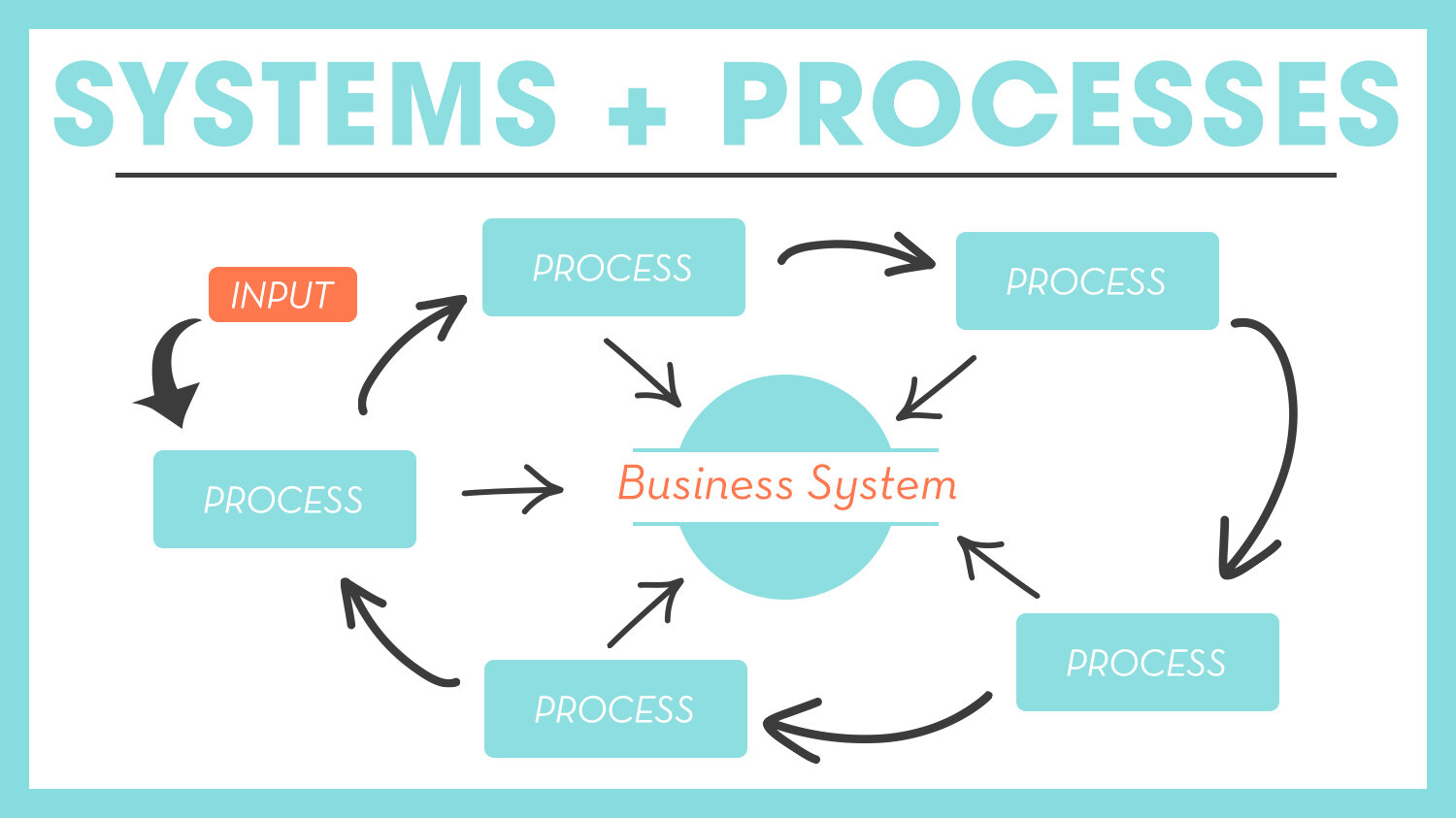
When most people think of starting a power washing business, they imagine pressure washers, hoses, and dirty driveways. 🧽🚿 But what separates a busy side hustle from a scalable company isn’t just the equipment — it’s the systems running behind the scenes. 🧠📈
If you’re constantly texting clients back, forgetting appointments, or rewriting estimates from scratch, you’re not alone. Every service business hits this point of chaos — and what gets you out of it isn’t working harder, it’s building smarter systems. 💡
This article will show you how to organize the backend of your business so you can grow with confidence, reduce stress, and deliver consistent, professional service — even as your schedule fills up. 📆✅
🧱 Why Backend Systems Matter (More Than You Think)
When you’re a solo operator, it’s easy to think:
“I’ll just handle it all myself.”
And in the very beginning, you can. But as soon as:
- You get busy 🏃♂️
- You start hiring 💼
- You increase your pricing 💵
- You take on more than one job per day 🌤️
…the cracks start to show.
✅ Backend systems solve the hidden problems that cost you time, money, and credibility:
- Missed appointments or late arrivals
- Lost or disorganized paperwork
- Slow responses to leads
- Inconsistent quoting or follow-ups
- Poor communication with employees
Systems give your business a foundation, not a bunch of scattered to-do lists.
📦 Core Areas You Need to Systemize
Here are the top 6 systems every pressure washing business should develop as they grow:
1. Customer Relationship Management (CRM) 🧑💻📇
Your CRM is your digital Rolodex — and so much more. It tracks every client, quote, job, invoice, and follow-up in one place.
Recommended tools:
- Jobber (most popular for pressure washing)
- Housecall Pro
- ResponsiBid (great for quoting automation)
Features to look for:
- Client database with notes
- Appointment scheduling
- Text/email reminders
- Estimates and invoicing
- Online payments
🎯 Stop running your business from your text messages — a CRM will save your sanity.
2. Estimates & Invoicing Templates 💵📄
Instead of writing out every quote from scratch, create standard pricing templates:
- House wash (based on square footage or stories)
- Driveway/flatwork (by sq ft or flat rate)
- Roof wash (by type and pitch)
- Deck/fence (by linear footage)
Store these in your CRM or a Google Doc for fast quoting.
Pro tip: Include optional upsells in your quotes (like gutter cleaning or window washing) to increase average job size automatically. 📈💡
3. Scheduling & Route Optimization 🗺️📆
If you’re bouncing across town between jobs, you’re burning time and fuel.
Use your CRM or Google Calendar to:
- Schedule jobs by area (batch by ZIP code!)
- Set realistic job times (with buffer room)
- Color-code different job types
- Send auto-reminders to clients
🚐 Use Google Maps or tools like Route4Me for daily route optimization. Less driving = more washing.
4. Follow-Up & Review Requests ⭐📧
Most customers won’t leave a review unless you ask — and follow-ups keep you top of mind for repeat business.
Automate:
- Post-job thank-you emails
- Review requests with direct Google link
- Reminders for seasonal services (like spring house wash or fall gutter cleaning)
Tools to use:
- Jobber’s follow-up automation
- Mailchimp or MailerLite for email campaigns
- NiceJob for automated review generation
📣 Reviews build trust — and trust builds your brand.
5. File & Document Management 📁🧾
Keep your backend organized with a simple cloud storage system:
- Use Google Drive, Dropbox, or OneDrive
- Create folders for:
- Equipment manuals
- Chemical safety sheets
- Insurance documents
- Licenses and certifications
- Standard Operating Procedures (SOPs)
💾 If you ever need to train someone or sell the business, this folder becomes pure gold.
6. Financial Tracking & Bookkeeping 💰📊
Even if you hate spreadsheets, knowing your numbers is non-negotiable. Use tools like:
- QuickBooks Online (popular and accountant-friendly)
- Wave (free and solid for small businesses)
- Bench (bookkeeping service for busy owners)
Track:
- Monthly revenue
- Expenses and cost of goods
- Net profit
- Taxes owed
- Job profitability (break down by service)
Knowing what’s working — and what’s wasting money — is the first step to scaling profitably.
🔄 Bonus: SOPs = Your Business Playbook
As your business grows, you’ll eventually need help — and Standard Operating Procedures (SOPs) ensure everyone does things your way.
Write down repeatable processes for:
- Quoting
- Equipment setup and breakdown
- Customer interaction
- House, roof, and driveway washing
- End-of-day routines
Even a basic checklist on a clipboard makes your business more repeatable and professional. ✅🧽
🔧 Building Systems Doesn’t Mean Perfection
Don’t let “I don’t have time to set this up” stop you from making progress.
📌 Start small:
- Add a CRM
- Write down your quoting system
- Set up a review follow-up
- Organize your receipts once a week
Over time, you’ll evolve from a one-person whirlwind into a business with structure, strategy, and scalability. 💪🏽📈
🚀 Final Thoughts: Structure Sets You Free
If your business feels overwhelming, the answer isn’t to grind harder — it’s to build smarter. The right systems:
✅ Save you hours every week
✅ Eliminate costly mistakes
✅ Improve the customer experience
✅ Make hiring and scaling 10x easier
✅ Increase your business’s value if you ever want to sell
Don’t wait until you’re drowning in jobs to start building your backend. Do it now — and your future self will thank you. 🧼📊💼
Browse Amazon Here For Top Rated Power Washers And Accessories






